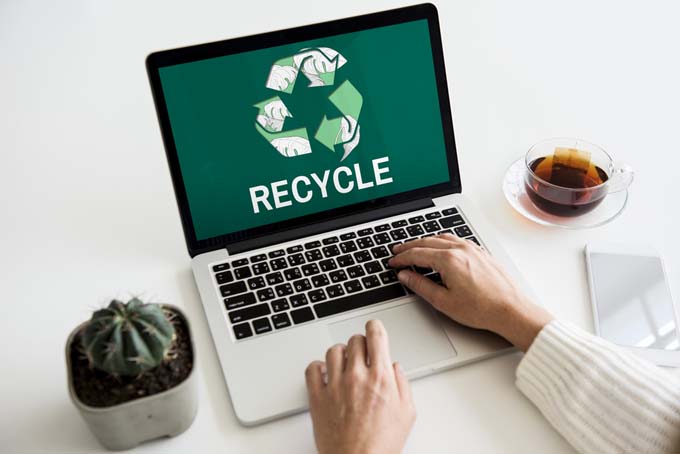Those who drive with H2 save on mineral oil tax and HVF
Older trucks will have to pay more performance-based heavy vehicle fee (HVF) from July 1, 2021. But there are alternatives that could even save the HVF and mineral oil tax completely.

Federal Berne wants to further strengthen the modal shift policy and the protection of the Alps. With the Relocation Report 2019 the Federal Council decided on a package of measures to shift even more freight from road to rail. Among other things, it decided to reclassify the older Euro IV and Euro V trucks from the middle to the most expensive HVF category. In addition, the Federal Council plans to abolish the 10 percent discount for Euro II and Euro III vehicles with particulate filters that has been in place since 2011.
In December 2020, the Switzerland-EU Joint Committee on the Agreement on Land Transport gave the go-ahead for the HVF to be adjusted accordingly as of mid-2021. The changes required for this in the Heavy Vehicle Fee Ordinance have been approved, according to the Federal Council.
Favorable framework conditions for clean vehicles
Companies that want to be exempt from the HVF can find opportunities. Switzerland offers favorable framework conditions for the use of hydrogen technology in logistics: Because for zero-emission vehicles, not only the HVF is waived, but also the mineral oil tax. In addition, companies can optimize the sustainability of their services, which is appreciated by one or the other in the supply chain. Each hydrogen truck saves around 70 to 80 tons of CO2 per year compared to a conventional diesel truck - at comparable maintenance costs - says, for example, the logistics company Retralog AG in Wolfwil, Solothurn. The company relies on this technology and has launched its first hydrogen-powered truck: The Hyundai Xcient Fuel Cell vehicle is exclusively in service with Swiss Post. The 36-ton truck will be used for national parcel and letter transport between logistics centers, according to the transport company.
Boost for H2 technology in Switzerland
Thomas J. Ernst, Head of Transport at Swiss Post Logistics Services, emphasizes Switzerland's international pioneering role in the use of hydrogen technology. This is due in no small part to the Swiss H2 Mobility Association, which was founded almost three years ago (see www.h2mobilitaet.ch) and is dedicated to promoting clean, CO2-emission-free motorized private transport. Its members include retailers such as Coop and Migros, as well as hauliers and other private companies. The fact that the vehicle fleet can be made more sustainable is also thanks to the Korean manufacturer Hyundai. A few months ago, it launched its first seven commercial vehicles in Switzerland that emit only water vapor. The Xcient Fuel Cell is a mass-produced hydrogen truck.
Where are there gas stations?
But without an H2 filling station, even this alternative drive is not very successful. That is why Avia, Agrola and Coop have opened the first hydrogen filling stations to fill the vehicles in a climate-neutral way. A look at the website of the Förderverein H2 Mobilität Schweiz shows that public hydrogen filling stations are available in Zofingen, St. Gallen, Hunzenschwil and Rümlang. Others are to follow soon.
The range of his H2 truck is around 400 kilometers, at the latest after which it has to be refilled, says Daniel Reichen from Retralog. However, that is sufficient for national freight transport.
Today, around 50 trucks with this alternative drive are on the road in Switzerland. Soon there will be more than 1,000, according to the Swiss Federal Office of Energy.









